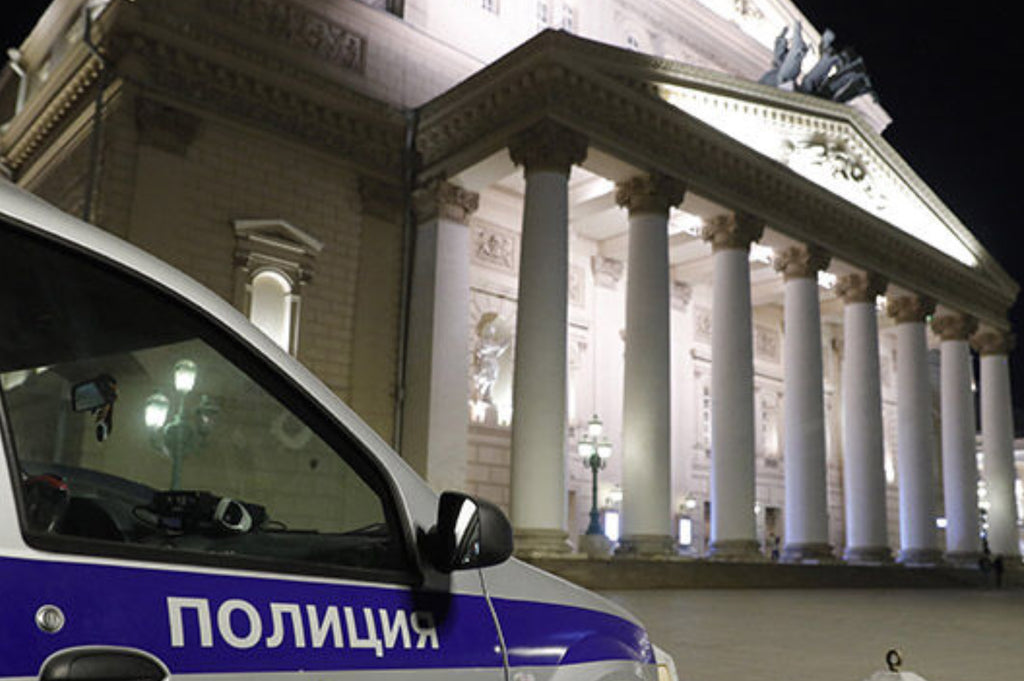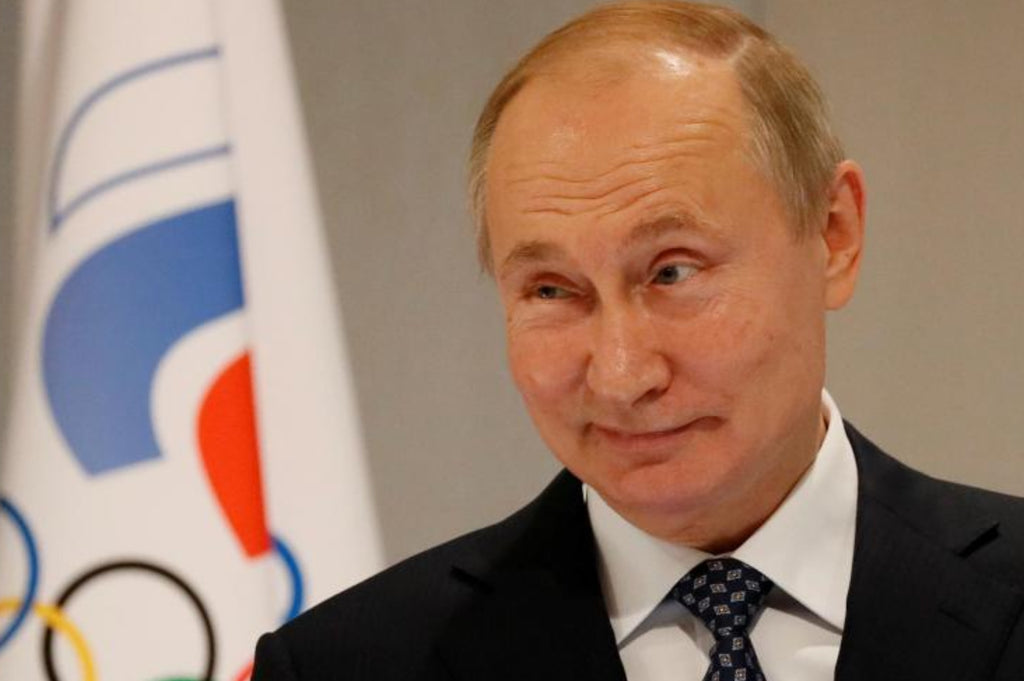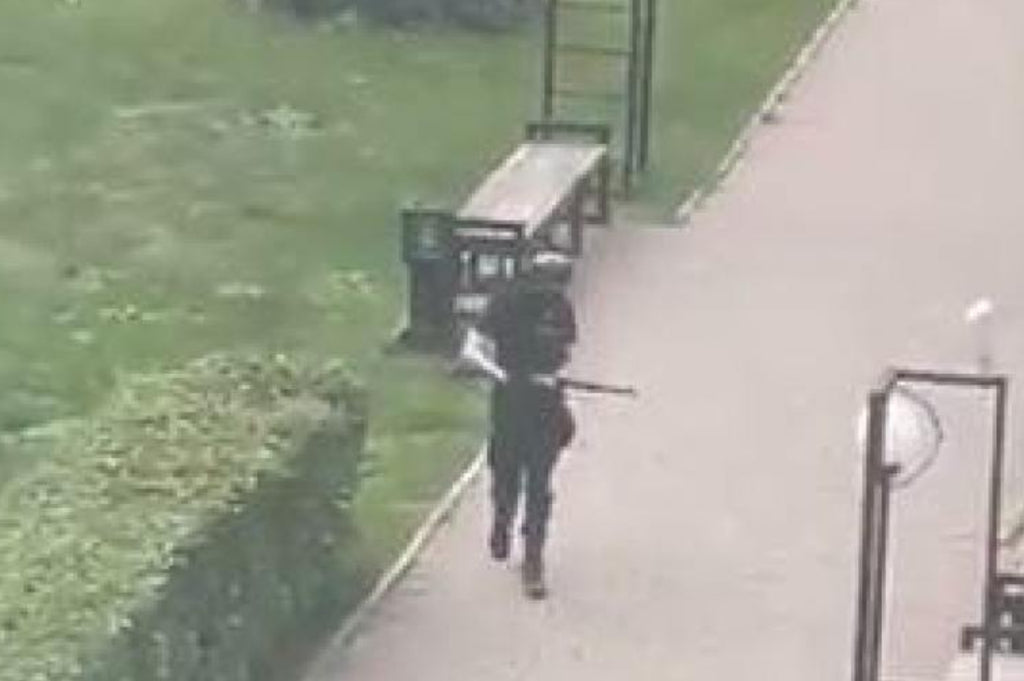Russian President Vladimir Putin recognizes the independence of pro-Russian separatists in Ukraine
Sylvie Claire / February 22, 2022

Russian President Vladimir Putin on Monday recognized the independence of the pro-Russian separatist regions of eastern Ukraine. This decision paves the way for these territories to appeal to Russia for help as sovereign states and therefore for Russian forces to enter these regions.
I deem it necessary to take this decision that was ripe for a long time: immediately recognize the independence of the Donetsk People's Republic and the Lugansk People's Republic, said the Russian president in a televised address.
He asked the Russian Parliament to approve this decision and then ratify the agreements of friendship and mutual aid with the two republics.
He signed the agreements with the leaders of these two territories, sponsored for eight years by Russia in the war between them and Kiev. The content was not disclosed.
A Russian recognition of the separatists short-circuits the peace process resulting from the 2015 Minsk agreements, signed by Russia and Ukraine, under Franco-German mediation, and which aimed precisely at a return under Ukrainian sovereignty of these areas.
This decision paves the way for a call for help to Russia from these territories as sovereign states and thus the entry of Russian forces in these regions.
The scenario has a precedent: in 2008, the Kremlin recognized the independence of two pro-Russian separatist republics in Georgia, Abkhazia and South Ossetia, after a blitzkrieg against Tbilisi, a former Soviet republic which, like Ukraine, has ambitions to join Nato.
In his 65-minute speech, Vladimir Putin reviewed the history of Russian-Ukrainian relations over the centuries and laid out a thesis that Ukraine is a nation created out of thin air during the Soviet era with territory essentially taken from Russia.
Contemporary Ukraine was entirely and totally created by Bolshevik and communist Russia, he said, having already written a long article exposing this idea and his theory that Ukraine and Russia are in fact one country and one people.
During the speech, he appeared visibly upset and even threatening towards the Ukrainian authorities, accused of attacking Russians and Russian speakers in the country, accusing them once again of orchestrating a genocide that affects four million people.
He also mentioned a scenario according to which Ukraine could acquire nuclear weapons, as it has, according to him, the technical capabilities due to its Soviet heritage.
Then, the master of the Kremlin denounced once again the successive enlargements of NATO, which Moscow considers a threat.
And according to him, Ukraine's entry into the Atlantic Alliance would be a matter of time, further aggravating the danger for Russia, as the United States could deploy offensive weapons in Ukrainian territory.
He also repeated his demands to the West: an end to the NATO enlargement policy, no military deployment threatening Russia and the withdrawal of the Alliance's military infrastructure from Eastern Europe. These were rejected.
The recognition of the independence of the pro-Russian separatist regions of eastern Ukraine could serve as a pretext for Moscow to justify an armed intervention.
Russia has tens of thousands of troops on Belarusian territory. And the United States estimates the number of troops deployed on Ukraine's borders at 169,000 to 190,000.




